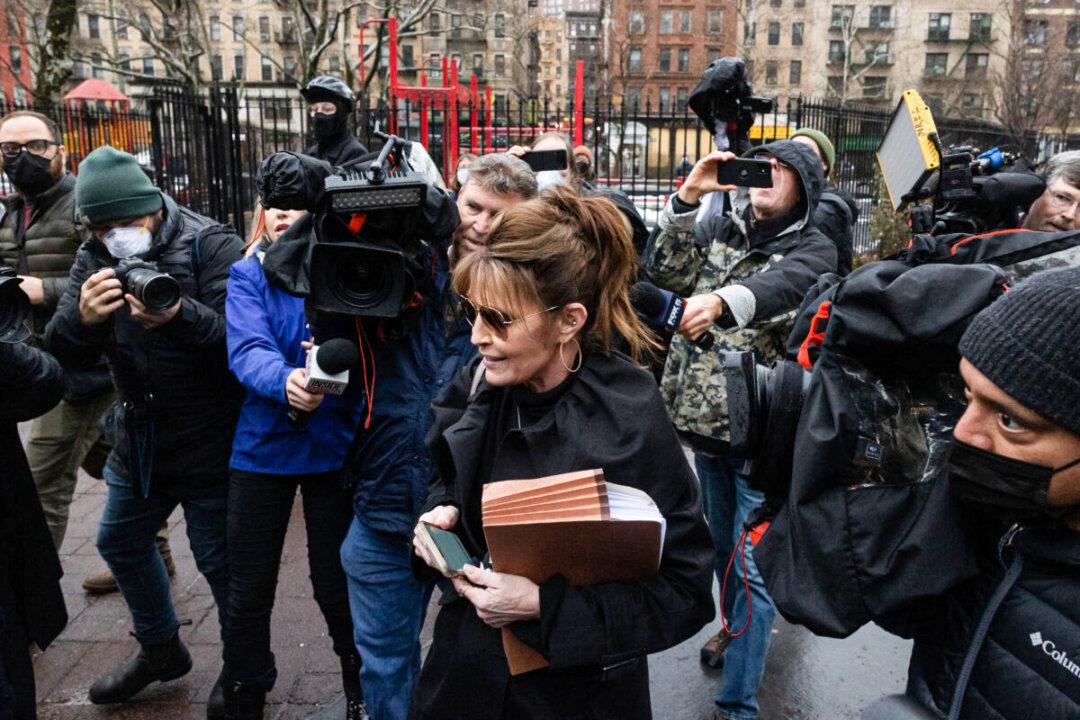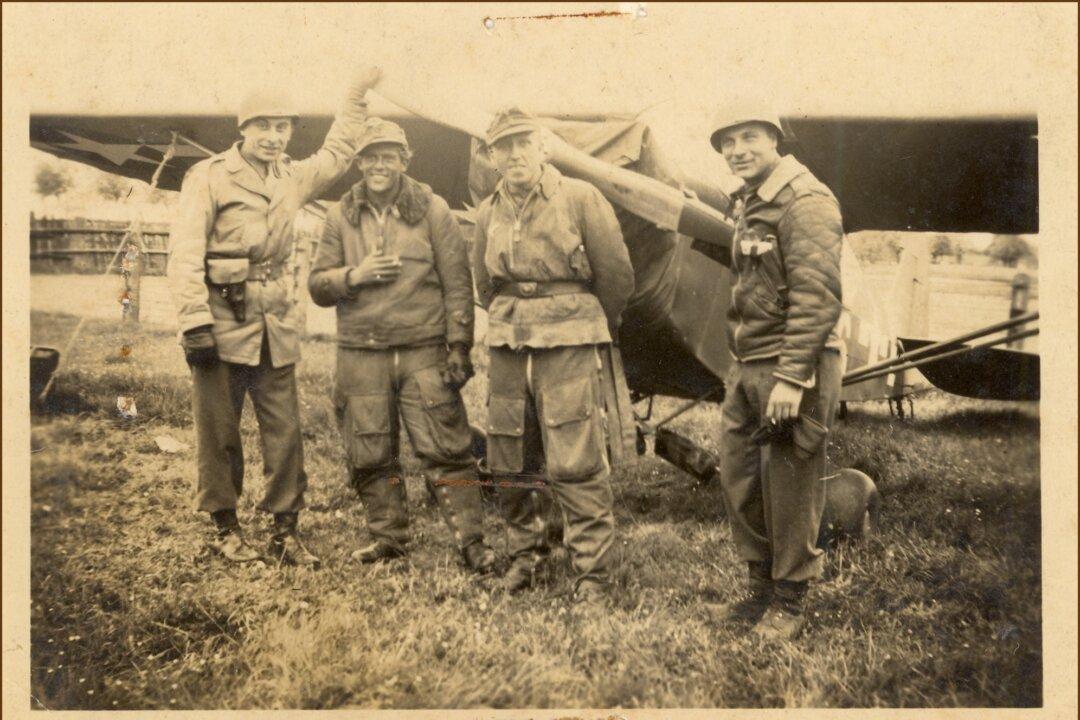NEW YORK—James Bennet, The New York Times editor with the final word on the editorial at the heart of the newspaper’s defamation lawsuit by former Alaska governor Sarah Palin (R), testified in federal court on Feb. 9 that soon after it was posted on the newspaper’s website on June 14, 2017, he read criticisms of it by conservative writers on Twitter.
The tweets came as a surprise to him.





